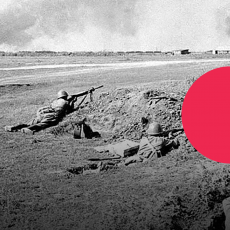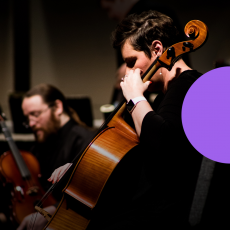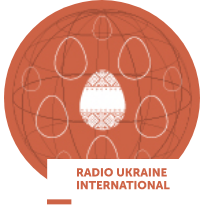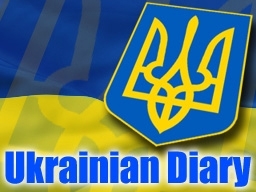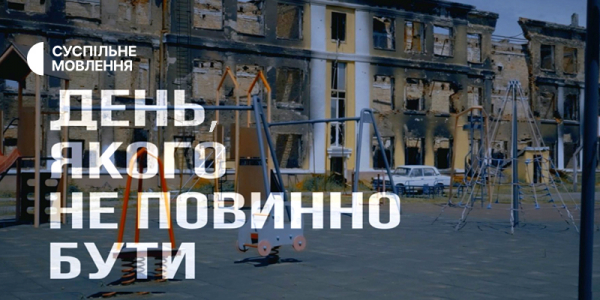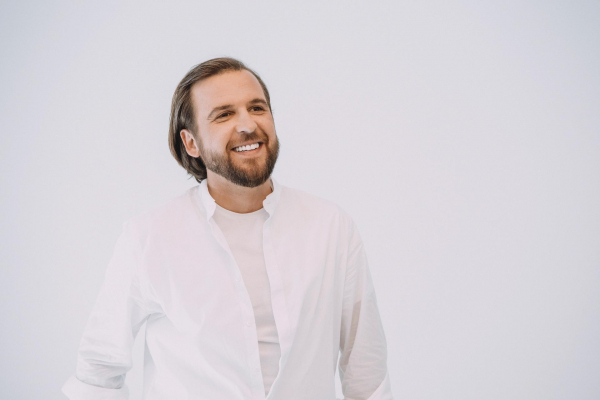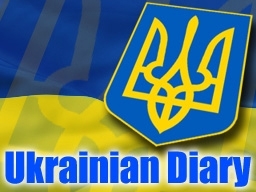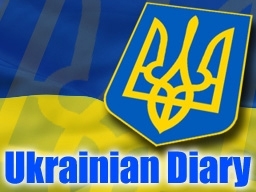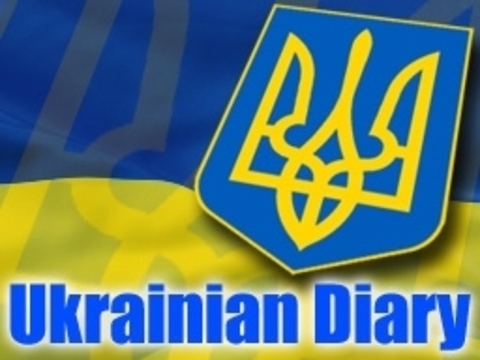Situation in Donbas – Weekly Review
The situation in the Donbas war zone remains tense as the combined Russian-separatist forces continue to ignore the “school truce”, firing at Ukrainian army positions and residential areas along the entire contact line in the Donetsk region.
Mostly the enemy activity was recorded in the frontline area between the town of Avdiivka and Butivka coalmine, Donetsk region. Militants keep using mortars and grenade launchers of different calibers. Olexandr Motyzianyk, military spokesperson of Ukraine’s Presidential Administration said, “Fighting continues in Donetsk direction, however, it’s not intensive. On Thursday, for instance, we observed only 10 separatists’ attacks. In Mariupol directions the enemy keeps attacking the Ukrainian positions as well.”
Due to the militants’ failure to observe the truce, on August 31st Ukraine has initiated a video conference within the Trilateral contact group on conflict settlement in Eastern Ukraine. The Ukrainian side has demanded full and unhindered access for the OSCE SMM to the entire territory of the Donbas region, including Russia-Ukraine border. As RUI informed previously, the Trilateral contact group had agreed upon a ceasefire related to the beginning of the school year starting 0 hours August 25th.
On August 28th German chancellor Angela Merkel and president of France Emmanuel Macron have urged Russian president Vladimir Putin and Ukrainian president PP to increase their efforts in order to implement the Minsk agreement on ceasefire in Donbas. Poroshenko in turn has delivered into the charge of Ukrainian army commanders to continue observing the announced truce. August 28, OSCE SMM deputy chief monitor Alexander Hug has informed that since the so-called school truce came into action over 600 violations have been recorded in the Donbas region.
Commemoration of Ilovaisk tragedy Victims
The memory of Ukrainian Army soldiers, who were killed or lost in action during the withdrawal from the city of Ilovaysk (Donetsk region) is honored in Ukraine for the third time now. The battle of Ilovaysk is one of the most tragic moments of the Russia-Ukraine conflict in the Donbas region. In August 2014 after Russia had brought its troops in the Ukrainian territory, the units of Ukrainian Army and volunteer battalions were encircled by Russian regular forces in Ilovaysk. Combat ratio between the Ukrainian forces and the Russian and pro-Russian troops was 1 to 18. After a session of negotiations, in the night of August 29th, Russian president Vladimir Putin made an address to pro-Russian militants claiming to open humanitarian corridor for the encircled Ukrainian military. Russian commanders had subsequently informed the Ukrainian side that the corridor would be opened and the troops should withdraw with no weapons. In the morning of August 29, organized columns of Ukrainian forces had started to withdraw from Ilovaysk, when, despite the guarantees acquired, they were shelled up close from heavy weapons. As a result, nearly 1000 Ukrainian soldiers had lost their lives, hundreds were wounded and about 300 were taken prisoners. Subsequently the events were named the Ilovaysk Kettle, referring to encirclement by enemy forces, as “falling into the kettle”. Ukrainian Defense ministry headquarters has stated, “Our pain for the losses we’d suffered cannot be soothed - it has penetrated the hearts of all Ukrainians. It has no time limitation neither in the moral, nor in the legal framework. There is no doubt that the organizers and the perpetrators of this crime will be punished”.
The 29th of August had been proclaimed the day of honour and remembrance of Ilovaysk Kettle victims by Counter-Terrorism Operation veterans, participants of the Ilovaysk operation, and the families of the fallen soldiers. On Tuesday mourning events took place on the Mykhailivska Square in Kyiv, honoring Ilovaysk heroes and all the defenders of Ukraine. The leader of “Justice” association of Counter-Terrorism Operation veterans Taras Kostanchuk said, “At 11 a.m. the official commemoration ceremony started with a silent tribute to the victims of Ilovaysk tragedy. Later on speeches were held by artists and family members of the deceased.
A memorial church service was held afterwards, as well as addresses by participants of the Ilovaysk battle and family of the fallen soldiers claiming from the president and Verkhovna Rada for the reasons of the tragedy to be investigated and sent for trial as a separate case. We also demand August 29 to be officially recognized as the day of remembrance.”
A public action titled “Time is not a healer” was held on the previous day on the Mykhailivska Square in Kyiv. It was organized by the association of wives and mothers of the deceased soldiers. Svitlana Lytvynska, widow of Donbas volunteer battalion member Yuri Lytvynsky, says she came to commemorate those who are gone, and pray for those who are now defending Ukraine. Svitlana Lytvynska, representative of the “Mothers and wives of CTO veterans” civic organization, said,”We would like to thank those who are at war now and commemorate the fallen soldiers, in Ilovaysk, and the other so-called “kettles” in 2014 and in the beginning of 2015 – paying tribute to the victims, lighting candles and laying flowers by the Wall of Memory. Why August 28th? Because on the 28th it was planned to evacuate the injured from Ilovaysk in a column of the Red Cross. But when the column with white flags and red crosses started to evacuate it was shelled and turned around. Whereas on the following day troops were supposed to withdraw, and were shelled as well.”
EU – Ukraine Association Agreement Came into Force
On Friday, September 1, the EU-Ukraine Association Agreement entered into full force and effect. In July, the European Council ultimately approved the document, thus finally completing the ratification process. The work on the EU-Ukraine Association Agreeement took ten years. The very document was initialed in Brussels in 2012; the agreement’s text was complete in 2013. In March 2014, the parties signed the deal. Then it took another three years to complete the ratification process; the document was considered and finally approved by the Ukrainian Parliament, parliaments of EU member countries and the European Parliament. Finally, the Association Agreement strengthening ties between Ukraine and the European Union entered into force on September 1. Ukrainian President Petro Poroshenko called this an "important step in confirmation of the future that Ukrainians chose in the Revolution of Dignity," a reference to the street protests that drove former Ukrainian leader Viktor Yanukovych from power after he scrapped plans to sign the EU deal in 2013. Many elements of the agreement have been provisionally applied since 2014, but the adoption of the accord will ensure closer cooperation between Brussels and Kyiv in areas such as foreign policy, justice, education, science, and technology. Deputy Minister of Economic Development and Trade Natalia Mykolska stressed, ”The Association Agreement entered into force and it’s a good sing for investors implicating that both sides are now reliable partners. The EU will fulfill all the obligations to Ukraine including the reduction of duties for Ukrainian imports.”
A number of European leaders greeted Ukraine on the full entry of the Ukraine-EU Association Agreement. "With the entry into force of the Association Agreement with Ukraine, the European Union is delivering on its promise to our Ukrainian friends” – said President of the European Commission Jean-Claude Juncker said. High Representative of the European Union for Foreign Affairs and Security Policy and Vice-President of the Commission Federica Mogherini said that the Association Agreement "means closer ties between Ukrainian and EU citizens, bigger markets and more opportunities for businesses and entrepreneurs." European Commissioner for European Neighbourhood Policy and Enlargement Negotiations Johannes Hahn said that the first concrete results of implementation of the Agreement can already be seen: that is the increase of Ukraine's exports to the EU. He reminded that the EU has confirmed its position as Ukraine's first trading partner. “Ukraine's recent reform efforts have been unprecedented, while much work remains such as in the fight against corruption, which must be pursued. The European Union will continue its support for Ukraine's reform efforts, with both expertise and financial support."
